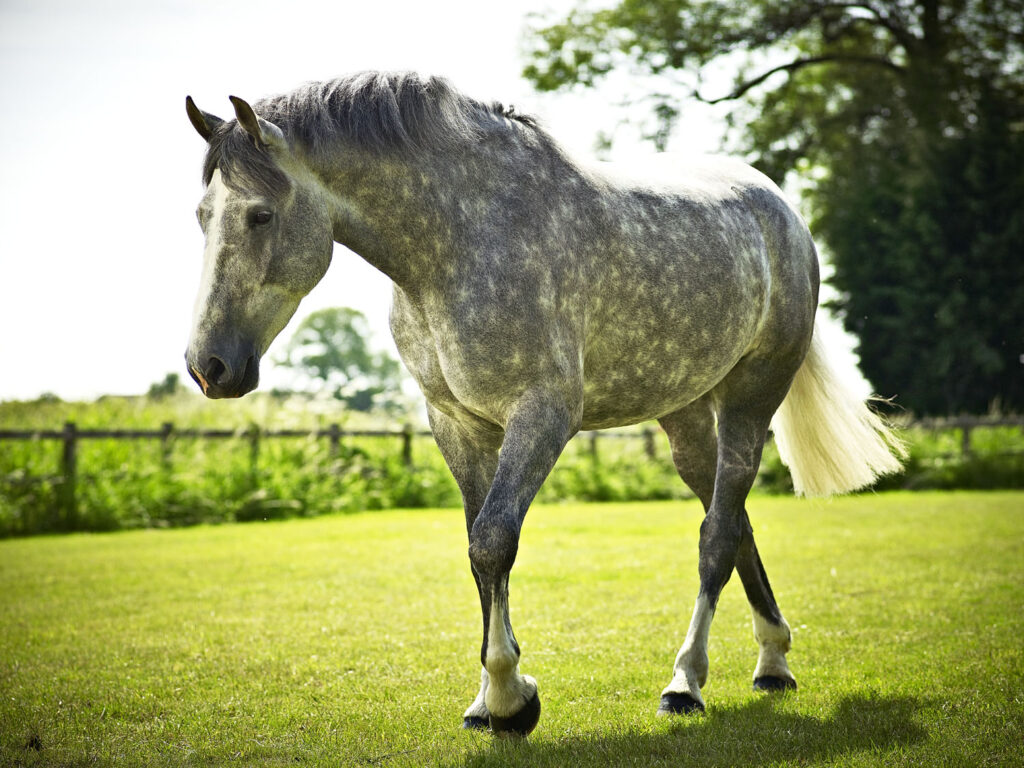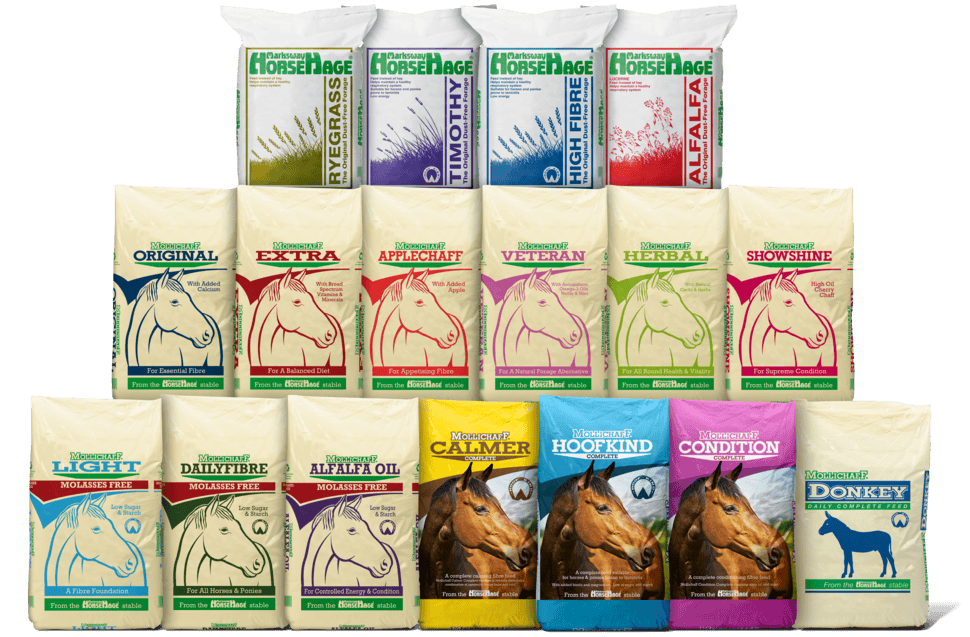
As spring is in full swing, the grass growing season commences, and horses have no shortage of fresh pastures to graze to their heart’s content. However, horse owners trying to keep their equines in excellent health may see fit to restrict grazing to reduce the number of calories their horse receives.
Restricting grazing allows you to manage the risks of weight-related issues and possibly even avoid painful conditions like laminitis. Consider the following alternatives before giving your horses free reign over your flourishing fields.
A Guide to Grazing Restrictions
Time Limits
Limiting the amount of time that a horse has access to grazing is a popular option. However, if you have previously restricted time access to grass for weight control and didn’t see any results, there might be a reason for this. Ponies can be fast learners and are capable of consuming 40% of their daily intake in just three hours.
Consider Strip Grazing
If weight management is a core consideration in your decision to restrict grazing, strip grazing might be worthwhile. Studies have shown that feeding horses and ponies behind portable fences moved daily allows for better weight control and a potentially lower risk of obesity.
In one study, strip grazing was compared to other restricted grazing practices during a grass growing season in the UK. Bodyweight gains were significantly lower in ponies with gradual access to pasture via strip grazing than those allowed free access to herbage.
There are also many other benefits associated with strip grazing, such as protecting your land, promoting healthy grass growth, and helping your horses adjust to a new field.
Track systems
Track systems are usually used to encourage horses to move more than they typically would in a normal field environment. Tracks often follow the perimeter of a field or several fields with forage, water, shelter and environmental enrichment distributed around the area.
Some track systems are developed using a surface so that there is little or no access to grass and a suitable forage is supplied to ensure healthy fibre levels are maintained. Others reduce the amount of area available to graze in comparison to having access to the whole field. Caution must be exercised when using such system for those that require limited calories as even the reduced access to grass can supply excess levels of calories.
Try Grazing Muzzles
In situations where grazing restrictions are crucial, grazing muzzles may be an option you consider. These muzzles allow for drinking but may reduce food intake by up to 80%. They must be fitted properly and should never be left on for extended periods.
While grazing, muzzles don’t stop horses and ponies from being able to eat or prevent their natural grazing habits, they limit how much grass they’re able to consume due to the design of the muzzle slits.
Stabling or Hard Standing
It may be necessary to eliminate grazing all together. Stabling full time gives complete control over the diet but restricts the opportunity for movement and interaction with others.
An area of hard standing or a paddock that does not contain grass can provide a suitable alternative. It is essential that a suitable forage fed at an appropriate level is supplied in the absence of access to grass to ensure the required fibre levels are catered for.
Choose Alternative Forage Sources
Forage is necessary for energy, gut motility, efficient digestion, and a horse’s psychological needs, and there are many worthwhile products on the market, like HorseHage, to tick these boxes.
Horses and ponies at high risk of obesity and health conditions like laminitis may benefit from these safe alternative forage sources and restricted access to fresh forage.
It is essential that the horse consumes adequate levels of fibre to maintain a healthy digestive system, a good level of mental wellbeing and for overall optimum health. Careful consideration must be given to this when grazing is restricted. We would highly recommend that every horse and pony especially those with little or no access to grazing is fed a vitamin and mineral source to encourage a balanced diet.
If the time has come to restrict your horse’s grazing, there is no shortage of options that might work for you. Give our friendly helpline team a call, Monday to Friday 8am to 5pm, on 01803 527274 to discuss the suitability of HorseHage and Mollichaff products for your horse or pony.


